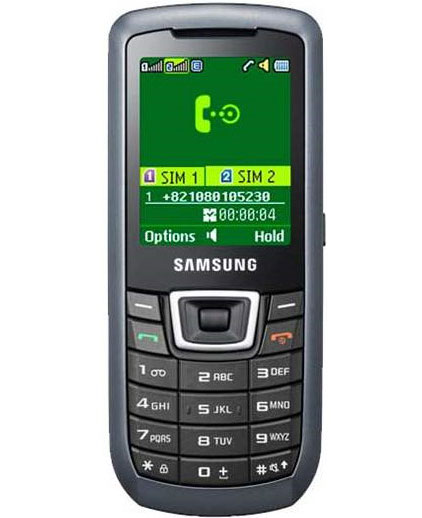Without you I'm nothing. I was talking about my phone.
Clearing out the RSS reader over the weekend, (you still remember Google Reader, right?), and while scrolling through the out of control list of 'starred' items, I ran into two pieces having to do with mobile technology and smart phones, while seemingly unrelated, also serve as unintended companion takes as to the relentless takeover of our normal lives by our devices.
First, the links to the two pieces, and then after the jump, (Yes, I know there is no such thing as a jump. It's Wednesday. Take it easy on me.), some thoughts on how or if this might have relevance to you as a talent or technology pro.
1. From the BBC Online - Bouncers checking Facebook on phones as identification
2. From the MIT Technology Review - New App Watches Your Every Move
In the BBC piece, we hear about bouncers and doormen at a few nightclubs and bars requesting a look at some potentially underage patrons smart phones in order, (allegedly), to have a look at the would-be club-goer's Facebook page to ty and verify their age and match their name and other personal information to the ID card they presented at the door. Sort of creepy, but in a way sensible from the point of view of the bouncer.
In the MIT piece, a new location-based App called Placeme is reviewed. Placeme essentially logs and stores your comings and goings, and takes advantage of the smart phone's sensors, GPS and Wi-Fi capabilities to figure out where you go and for how long, and stores this data in a private log on the phone. No manual 'check-ins' needed, it just happens. Later, you can look back at the logs and track your activity in case you lost your debit card after a big night out, or I suppose, need some kind of an alibi.
So much of our identity is tied up in and captured by our devices, that it only seems sensible and fitting that a quick scan of someone's Facebook feed or their last few text messages would be more telling than a (perhaps dodgy) West Virginia drver's license card that looks like it might have been manufactured with an old Polaroid camera, some clear tape, and a little ingenuity. And since no one I know, (willingly), goes anywhere without their trusty iPhone or Android, then having an automatic running log of where you've been, what you've been doing, and with whom you've been doing it with, (that is probably coming), might have some utility for productivity analyses or even some kinds of self-improvement regimes. 'Why can't I lose weight? Maybe it's because all I do is go to bakeries and bars.'
For the workplace professional, some implications are pretty easy to see. Many of us already do social-media scans and checks of prospective candidates, so one day having some kind of app that candidates could install that would 'submit' or quickly supply relevant and permissible information on the spot is not too far a stretch. And as for the Placeme app, well certainly for drivers, delivery persons, outside sales people, and more, access to a real-time and running log of movements and location-status updates would be beneficial for lots of reasons, some good, some not so good.
I guess the real takeaway, aside from some simple and kind of obvious use cases, is that while we talk all the time about how mobile is taking over the world, and have seen or even delivered presentations citing statistics about how mobile will soon become the dominant means for accessing the internet in the near future, I am not sure at all that as workplace professionals we are thinking about how mobile and smart phones are changing more common things, simple things, and even possibly changing us as people.
We take our phones everywhere. We start to break out in a cold sweat if we can't locate our phones, if even for a few minutes. The first thing we do in the morning is reach over to the night stand and check in on our phones, (don't lie like you like to, you know you do this).
With all this considered, I think the organizations and solutions that start to think more fully and carefully about these changes and their impact on people, work, and communities will be the ones that stay ahead of the game. I think there has to be more to this than simply re-purposing what we do today to 'fit' a smaller screen, or to figure out how to make phone users see and click more ads.
What do you think - is mobile truly and significantly change the way your business works? Or the way your employees want to work?

 Steve
Steve



